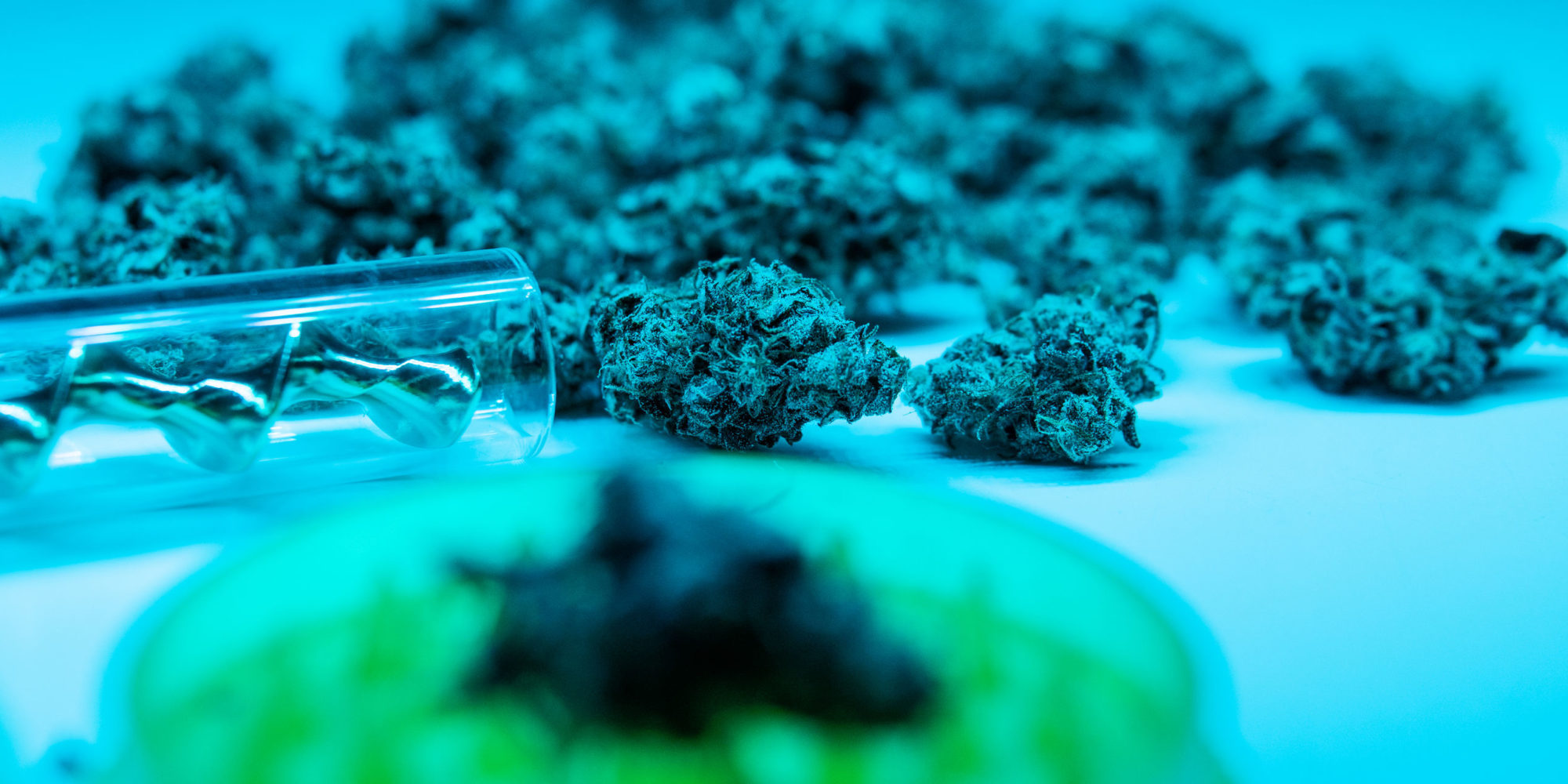Forward looking CBD companies have Quality Management Systems (QMS) integrated in their operations, regardless of state or federal requirements. Only a handful of states require a QR code added to the label, allowing customers to see what is in the product, where it was produced, and a third-party analysis. Track and trace systems need to be implemented industry wide, but many of the thousands of retail CBD brands do not take advantage of this technology.
QMS codes that resolve to a third-party domain are much more desirable from a customer or regulator’s perspective. Some labs provide this, allowing buyers of wholesale lots to independently verify analysis on their servers. This should be extended to the retail arm of the cannabinoid trade to build a strong consumer base. Negative press on tainted CBD has increased in recent months, and consumers are paying attention. Florida’s foresight to require clear labeling, and random testing of products off the shelf gives Florida’s manufacturers an advantage as the industry rapidly evolves. The state has already discovered more than one instance of excess heavy metals in their testing, as we reported previously.
QMS systems are associated with ISO 9001 certification, but manufacturers can implement this approach without gaining ISO or GMP certification. Many have done so. It is one of the best tools for risk mitigation in this industry, where litigation is becoming more commonplace. Legal experts expect litigation to build momentum, as attorneys, not consumers, see the regulatory situation as an opportunity to generate cash flow through litigation.
A detailed recall program is a critical need for any food or dietary supplement manufacturer. State departments of agriculture and extension programs occasionally offer educational programs covering recalls at an affordable price point. HAACP training is also useful for food and beverage manufacturers and small-scale operations. Some cannabinoid extraction companies like Kazmira, who recently entered into partnership with pharma giant Perrigo, maintain GMP and ISO 9000 certification. This was essential to the success of this collaboration. Companies that are ISO 9001 certified, or operating with recognized pharmaceutical manufacturing standards, will be the subjects of any forthcoming M&A in this space. Aside from M&A, they will also have far better access to markets, domestic and global.
There has been alarmingly little research into the hundreds of active compounds and dozens of cannabinoids found in cannabinoid-rich hemp. The extraction segment will continue to innovate and create novel combinations of minor cannabinoids and terpenes, but what if research reveals adverse health effects from some of these compounds, or novel combinations? The vaping crisis is a good illustration of what can happen, just replace vitamin E with myrcene or terpinolene. We don’t anticipate this, but there is still so much that is unknown, that manufacturers need the ability to efficiently recall products.
Larger companies with retail facing products have generally integrated these risk mitigation practices into their business model, as have bulk wholesalers and white label manufacturers like Mile High Extracts. The thousands of other small brands elbowing their way onto crowded shelves are exposed to more risk, without the ability to control the manufacturing process. Small companies can address this by working with extractors that have comprehensive QMS, track and trace, and utilize third party analysis.
Tolling is still frequently used by hemp producers, but we have heard concerns from a number of producers about their extractors ability to track batches. We heard some horror stories about blended batches and others with output that was treated as if the input material were homogenous across producers. The fact is that many extractors lack the ability to adequately track their batches. No surprise given that these companies are as a whole in startup mode, some helmed by people with no previous business experience, much less GMP manufacturing. This messiness with continue through this year, and only the fragmented marketplace allows some of these operators to continue on. There are many excellent extraction operations that are managed to the highest standards. But the fact is, cash is extremely tight for some, and it will take some time for the dust to settle and for farmers to reliably be able to access professional operators in their area. Some states are only beginning hemp cultivation this year, and likewise, new extraction facilities are opening.
Blockchain technology is one answer to the track and trace puzzle. Blockchain’s distributed data underly the bitcoin sphere and could be particularly useful in the high-fraud hemp space. Blockchain uses time stamped, immutable data entries into what is essentially a public database or ledger. It provides public access, transparency, and security to transactions and is one of the technologies that could be beneficial to developing hemp markets, the consumer’s ability to trace their product back to seed.

